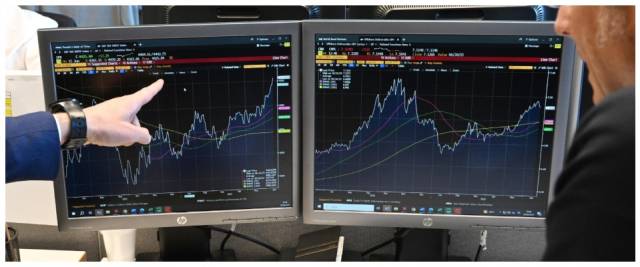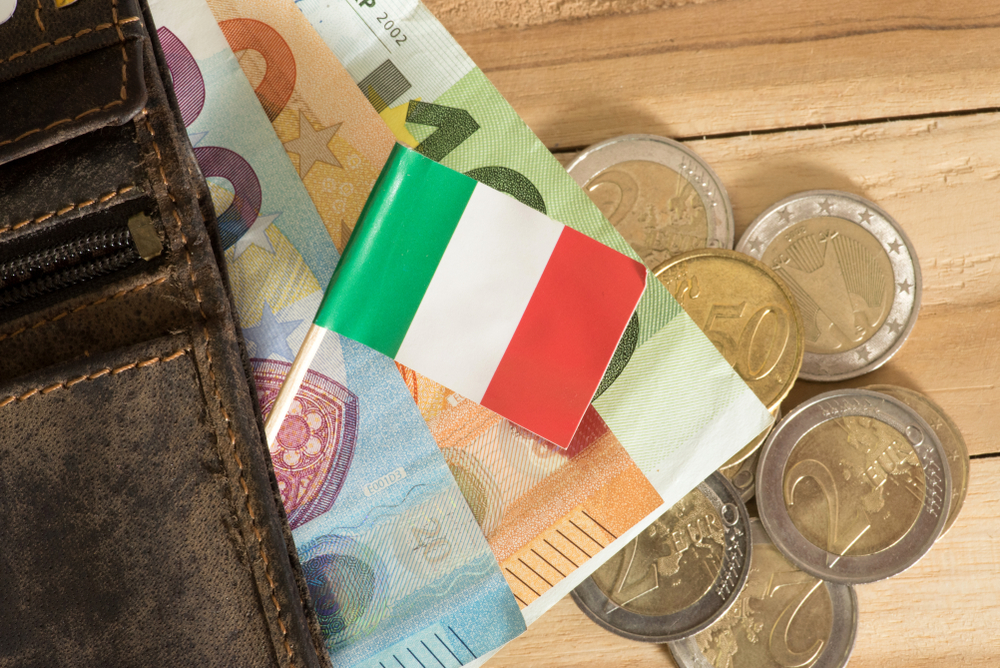The braking economical of the EU in 2023: An in-depth analysis
The European Union is experiencing a period of significant economic slowdown. Growth estimates for 2023 and 2024 were lowered from 1% to 0.8% and from 1.7% to 1.4%, respectively. In this article we will examine the factors behind this slowdown and its possible repercussions.
The causes of slowing growth in the EU
The first half of 2023 showed modest economic growth in the European Union. High consumer prices, combined with the fact that inflation continues to decline, indicate that domestic demand, especially consumption, is weak. This represents a notable change from the spring forecast, which was more optimistic.
The slowdown is also due to the tightening of monetary policies, which negatively influenced the provision of bank credit to the economy. External demand, coming from other global economies, is not robust enough to support EU growth. This is evident from the fact that the global economy performed only slightly better than expected in the first half of 2023, despite weakness in China.
Falling inflation: The latest data
After the high inflation of 2022, rates have started to fall. IPCA (Harmonized Index of Consumer Prices) inflation is forecast at 6.5% in 2023 and 3.2% in 2024 for the EU, while in the euro area it is expected to be 5.6% in 2023 and 2.9% in 2024. The decline in inflation is largely due to lower energy prices and lower inflationary pressure from food and industrial goods. However, inflation in the services sector has proven more resilient than expected.

Risks and uncertainties for the European economy
Geopolitical tensions and war in Ukraine continue to pose a significant risk. Growing climate risks, such as extreme weather and events such as forest fires and floods, also weigh on the EU's economic outlook.
Tightening monetary policy could have a greater than expected negative impact on economic activity. On the other hand, it could also accelerate the decline in inflation, helping the restoration of real incomes.
Conclusions and future prospects
In summary, the EU is facing a period of economic slowdown that is expected to persist into 2024. Despite this, a slight recovery in economic growth is expected next year, thanks to falling inflation and a still strong labor market. However, several risk factors, such as geopolitical tension and climate uncertainties, continue to weigh on the economic outlook of the European Union.
In this scenario, EU economic policy will need to be agile and flexible, ready to respond to emerging challenges, to mitigate negative impacts and support long-term growth.



